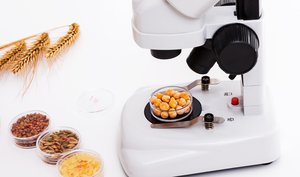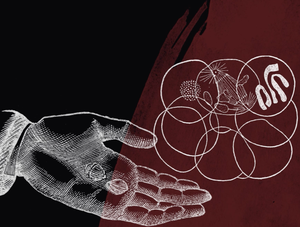Transnational exchanges of plant, microbial and animal genetic resources have always been essential components of human survival and economic stability. Throughout the nineteenth and early twentieth centuries, researchers and scientists from the Global North freely explored biodiversity-rich environments, often located in colonies governed by the economic powers of the day, in order to discover genetic resources of potential interest to their respective scientific, agricultural or industrial endeavours. These discoveries provided both public and private users with a bank of genetic resources that could be used at a minimal cost — their use was seen as a global public good.
After the implementation of the Agreement on Trade-Related Aspects of Intellectual Property Rights, developing countries and Indigenous populations began to fight back. They argued that innovations protected by intellectual property rights in the Global North were often based on genetic resources taken from them without appropriate compensation.
In this video, CIGI Senior Fellow Jerome Reichman discusses the importance of microbiology and genetic resources to modern-day scientific research, and why there is a need to balance the economic interests of industry and Indigenous peoples.


